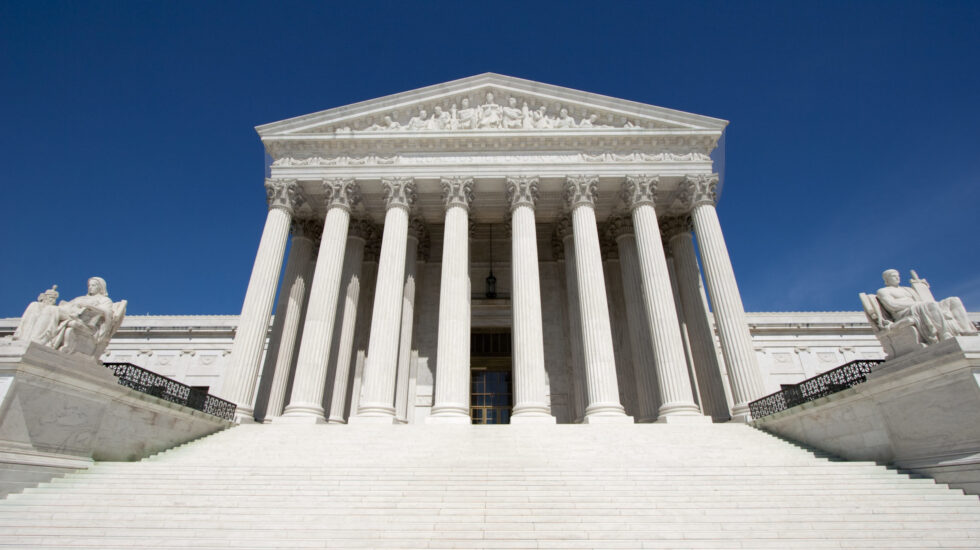The Supreme Court confirmed on Tuesday the authenticity of a leaked draft opinion written by Justice Samuel Alito and published by POLITICO that would overturn Roe v. Wade.
“Although the document described in yesterday’s reports is authentic,” the Court wrote in a statement, “it does not represent a decision by the Court or the final position of any member on the issues in the case.”
Chief Justice John Roberts also released a statement:
To the extent this betrayal of the confidences of the Court was intended to undermine the integrity of our operations, it will not succeed. The work of the Court will not be affected in any way.
We at the Court are blessed to have a workforce – permanent employees and law clerks alike – intensely loyal to the institution and dedicated to the rule of law. Court employees have an exemplary and important tradition of respecting the confidentiality of the judicial process and upholding the trust of the Court. This was a singular and egregious breach of that trust that is an affront to the Court and the community of public servants who work here.
I have directed the Marshal of the Court to launch an investigation into the source of the leak.
The leak of the draft of the draft document is considered a breach of Supreme Court protocol, but its hardly unprecedented. In fact, the original Roe v. Wade decision was leaked to Time magazine in 1973 in advance of its official release.
The Washington Post reports:
[Larry Hammond, a clerk for Justice Lewis Powell] confided in an acquaintance he knew from the University of Texas School of Law that the Roe ruling was forthcoming. The acquaintance, a Time staff reporter named David Beckwith, was given the information “on background” and was supposed to write about it only once the opinion came down from the court. A slight delay in the ruling, however, resulted in an article that appeared in the issue of the magazine that hit newsstands a few hours before the opinion was read on Jan. 22, 1973.
Chief Justice Warren Burger was livid. The Supreme Court has always jealously guarded its opinions, and secrecy is critical to maintaining an evenhanded approach to dispensing justice. There are obvious and profound consequences if litigants and the public are tipped off to the result in a case before it has been formally announced and adopted.
The Wall Street Journal explains why Alito’s leaked draft might evolve before it is released publicly:
After an initial vote among justices on a case, Supreme Court decisions can undergo considerable evolution in tone and substance as justices circulate draft opinions for weeks and months. Those drafts are circulated between chambers—with justices typically offering feedback, support and criticism in writing—until the court arrives at a final ruling, which is frequently accompanied by concurring and dissenting opinions that weigh in on the court’s holding.
Given those internal processes, it’s possible that there are more recent versions of the decision that look different than the draft Politico published. And on occasions, justices can change their positions during deliberations.



